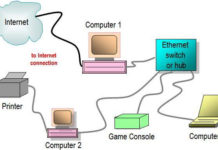Anti-Pumping relay diagram and Working Function Explanation
Already we have discussed about Trip Circuits Supervision relay in earlier. Another two important basic operating relays are used in circuit breaker wiring diagram. One is Anti-pumping relay and another one is contactor multiplier relay. Both relays are just value added relays or typically it is called as circuit breaker auxiliary relays which means they do not contribute for power system protection (current sensing) system. Even we can run the power system without of these relays.
Anti-Pumping Relay:
Basic Function:
It is used to protect the circuit breaker from multiple closing command. Once the breaker closed means, if we give again closing command means the breaker or the closing coil associated with the mechanical parts may get damaged. In order to avoid these frequent command, in the breaker closing circuit itself, the panel manufacturer is wiring these circuits properly.
Anti-Pumping relay is nothing but a NO contact, which means when the circuit breaker in closed condition the relay will be as NO point and if the circuit breaker in open condition the relay will be as NC Condition.
Refer Anti-pumping Relay Scheme:
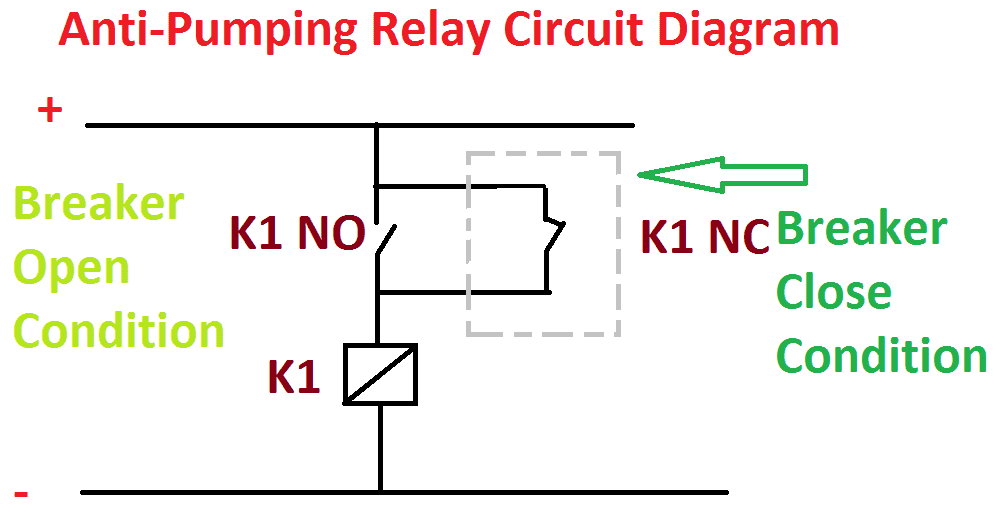
[wp_ad_camp_1]
The anti-pumping relays is connected in series with the circuit breaker closing circuit. Here During Normal Condition (Circuit breaker in Open condition) the relay allowing the breaker closing command and if the breaker once closed then the series connected NC become NO, therefore after closing the breaker the relay do not allow to flow the current in the closing coils (Due to NO operation R=infinity, Current =0)
Mainly these wiring will be used in Generator/Alternator breaker, Grid breaker, Other auxiliary high Voltage breaker etc.
Note: Anti-pumping relays are mandatary for all types of circuit breaker closing circuit.
Key points of Anti pumping relay:
- Anti-=> Against, Pumping => Injecting. The relay protects the current/voltage injection to the circuit.
- It should connect in series with the protection be done coil.
- It does not require any other auxiliary relay installation. Breaker contact itself can be wired. If you have less number of breaker contact, then you can wire from the breaker contact multiplier relays.
Note: If you intend to close the breaker manually, the circuit breaker 100% do not close…If it is open condition it close.

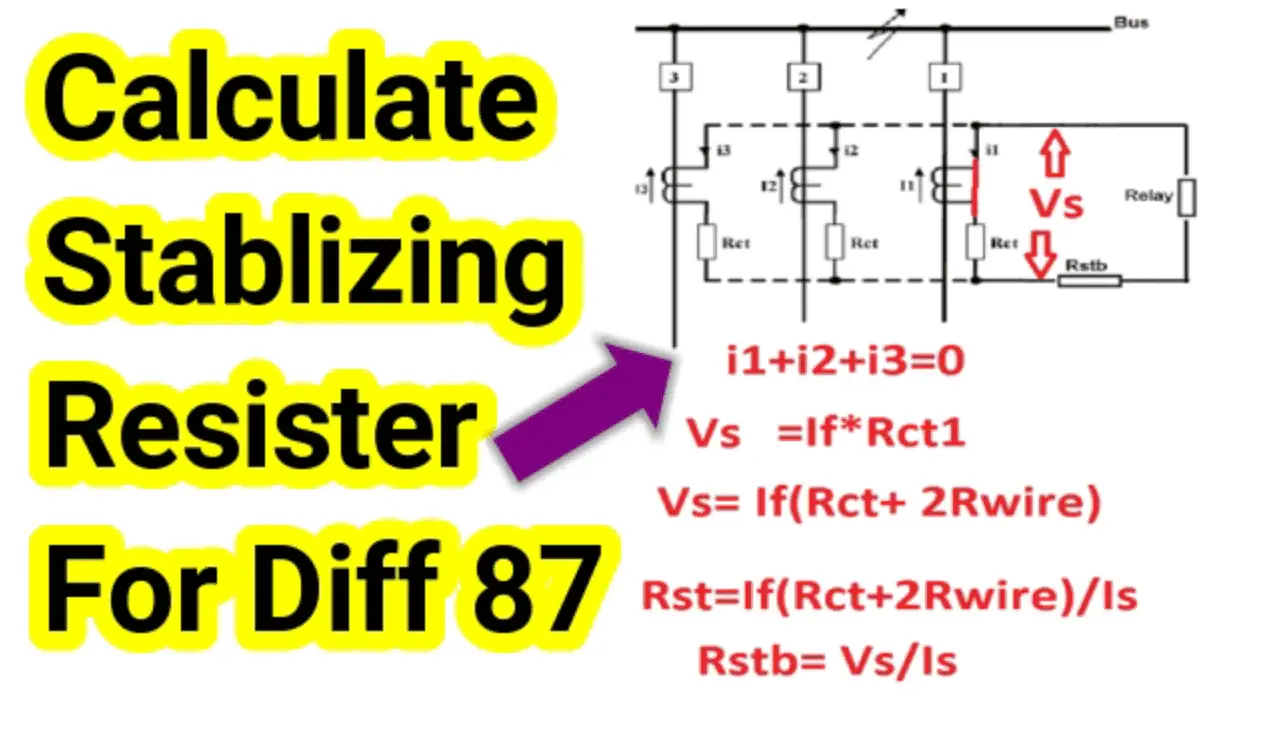
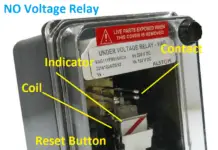
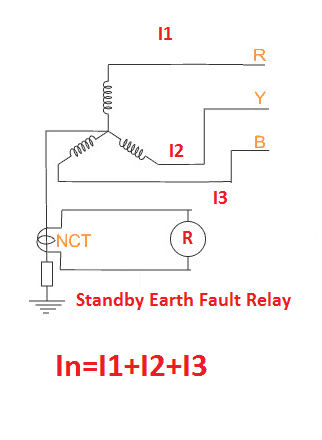
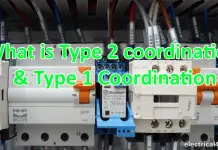

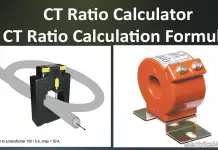
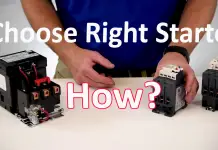
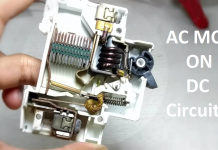
![What is Arc Chute? Types, Working Principle [Video Included] arc chute working priciple](https://electrical4u.net/wp-content/uploads/2020/06/arc-chute-218x150.png)
